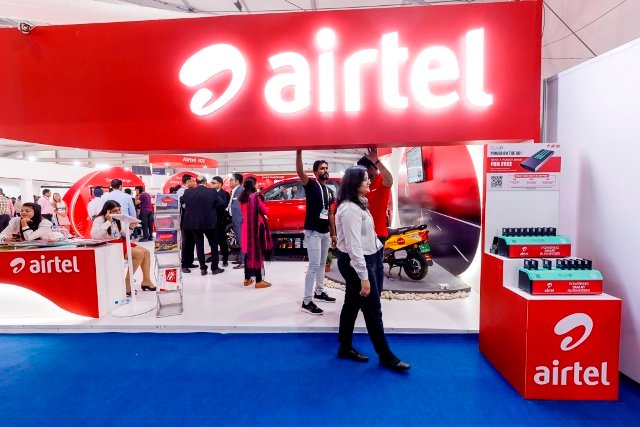Reliance Communications has received bids from Bharti Airtel, Bharti Infratel and PE firm Varde Partners for selling its assets, Hindu Business Line reported.

Anil Ambani-promoted Reliance Communications, which is going through insolvency proceedings, has total secured debt of about Rs 33,000 crore. Reliance Communications earlier stopped its telecom services in the wake of mounting pressure from Reliance Jio, Bharti Airtel and Vodafone Idea.
Mukesh Ambani-led Reliance Jio Infocomm has not placed its bid and has sought a 10-day extension, the report said.
The deadline for submitting the bids for buying assets from Reliance Communications ended on November 11. RCom’s Committee of Creditors is scheduled to meet today to decide on opening of the bids. It will decide whether to give Reliance Jio more time to submit its offer.
The Committee of Creditors comprises about 40 lenders, including the State Bank of India, the China Development Bank and the Industrial and Commercial Bank of China.
Bharti Airtel spokesperson said that a conditional bid has been made primarily for the spectrum.
“The bid conditions include that the overall consideration will primarily be by way of the deferred spectrum payables to the government being passed on to us on terms and schedules applicable to such deferred payments,” he added.
Anish Niranjan Nanavaty is the Resolution Professional (RP) for handing bankruptcy process at Reliance Communications.
Earlier in October, the RP, who chaired RCom’s Annual General Meeting (AGM), said that the National Company Law Tribunal (NCLT) had extended the date for completion of the asset-sale process by three months, and now the date to complete the process is January 10, 2020.
Reliance Communications’ assets include spectrum, tower, fibre, media convergence nodes and real estate.
Reliance Jio, which announced the acquisition of Reliance Communications in December 2017, called off that deal in March 2019, citing lack of regulatory approvals.





